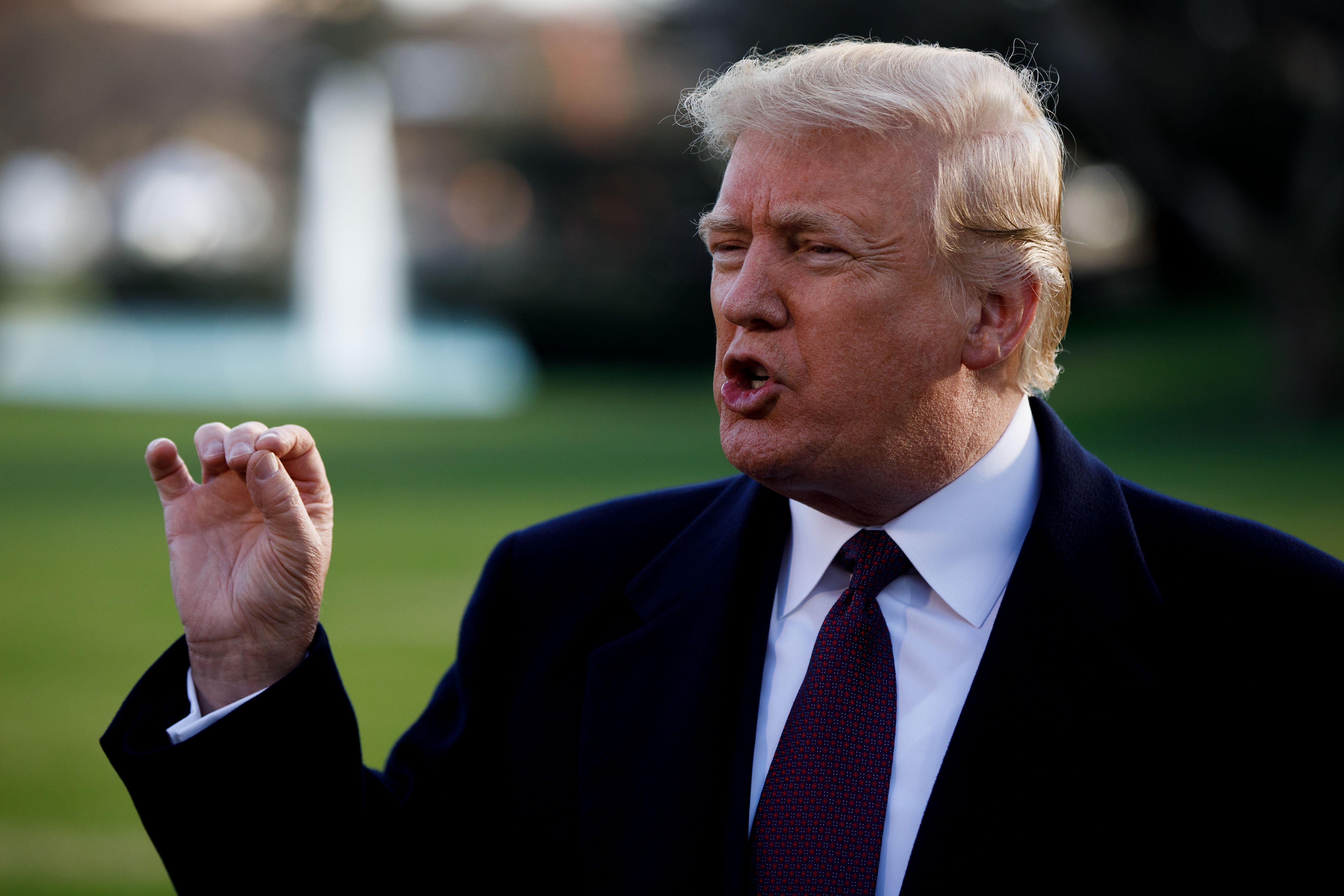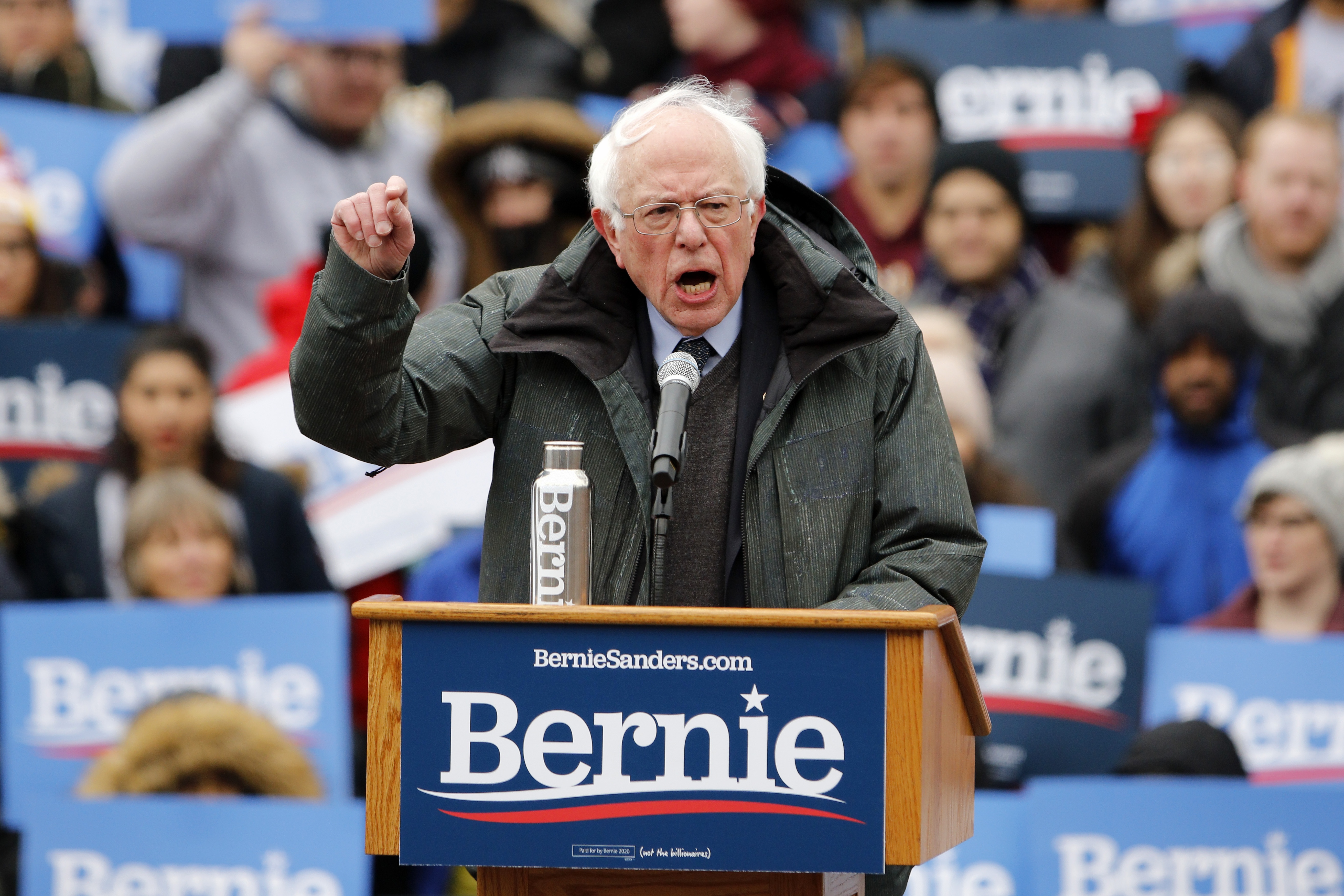What's in store for the Democrats after release of Mueller report
- By George N. Tzogopoulos
 0 Comment(s)
0 Comment(s) Print
Print E-mail China.org.cn, March 30, 2019
E-mail China.org.cn, March 30, 2019

For more than two years, American political life has been under the specter of Donald Trump and some of his aides' alleged connection to Russia's efforts to intervene in the 2016 U.S. Presidential election. Now that special counsel Robert Mueller's investigation is over, the U.S. president has indirectly acquired a new weapon for his re-election campaign. Trump and his allies are expected to attack their political opponents for deliberately vilifying them, and the Democrats might now find themselves in an impasse. The lack of evidence of collusion between Trump and the Russian government during his 2016 election campaign, seriously challenges their stance, which has been largely endorsed by almost all American mainstream media.
Some Democrats are not prepared to abandon this convenient strategy of accusing their political opponent and are determined to continue believing the President is not exonerated of collusion. But it is questionable whether the 2020 campaign can still be about the 2016 campaign, which would have certainly been the case if Mueller's findings had been different. Although the report itself has not been published, Attorney General William Barr released a summary of findings which support the conclusion that the treatment of the President was unfair.
The biggest challenge now for the Democrats is to develop a creative political agenda for the 2020 election. First, this will depend on the politician the party will nominate. The basic question among their voters is who would be the best candidate to challenge Trump in the next twenty months leading up to the elections.

A survey conducted in Iowa shows that former Vice President Joe Biden and Vermont Senator Bernie Sanders are currently the Democrat's favored candidates for President. Biden, who has yet to announce his candidacy, is widely regarded as a serious, experienced, and centrist politician, but his age might be a disadvantage. Sanders, on the other hand, will certainly lead the Democrats towards the left as Jeremy Corbyn, who heads the Labor Party, is doing in the U.K. Other Democrats who will fight for the nomination, include Texas Representative Beto O'Rourke, Senators Kamala Harris (California), Elizabeth Warren (Massachusetts) and Cory Booker (New Jersey) as well the Mayor of South Bend, Indiana, Peter Buttigieg. Kamala Harris deserves special attention because she can appeal to women and black voters who are traditionally core supporters of the Democratic party. But a poll conducted by Emerson a few days ago found that only Biden and Sanders had an edge over Trump in Iowa.
A major problem facing the Democrats now is their unclear political orientation as they find it hard to move beyond their criticism of Trump and persuade citizens to their cause. Some, for example, seek temporary publicity by proposing constitutional amendments that can arguably take place, such as abolishing the Electoral College. In addition, the emphasis on the greater role of the state is seemingly attractive in a country where citizens do not generally enjoy social and health benefits as do some other parts of the world. Recently, the Democrats advocated for the so-called "green new deal" without explaining how they would find the resources to finance it. More importantly, they have, until now, failed to propose a sustainable economic plan at a time when the national economy is performing well and tax-cuts introduced by Trump are yielding results.
Of course, politics is highly fluid. A lot can change before November 2020 and even more so after the Democrats nominate their candidate for the Presidential election. But as of now, they are struggling to formulate a positive agenda for the American people. In this way, the Mueller report is a double-edge sword for the party. On the one hand, it might be the springboard for the Democrats to start focusing on real politics and issues of interest that impact the daily lives of American citizens. But on the other, the report could also expose the weakness of the Democrats and their inability to articulate successful policy proposals for the American people.
George N. Tzogopoulos is a columnist with China.org.cn. For more information please visit:
http://www.formacion-profesional-a-distancia.com/opinion/GeorgeNTzogopoulos.htm
Opinion articles reflect the views of their authors, not necessarily those of China.org.cn.
If you would like to contribute and have specific expertise, please contact us at opinion@china.org.cn.





